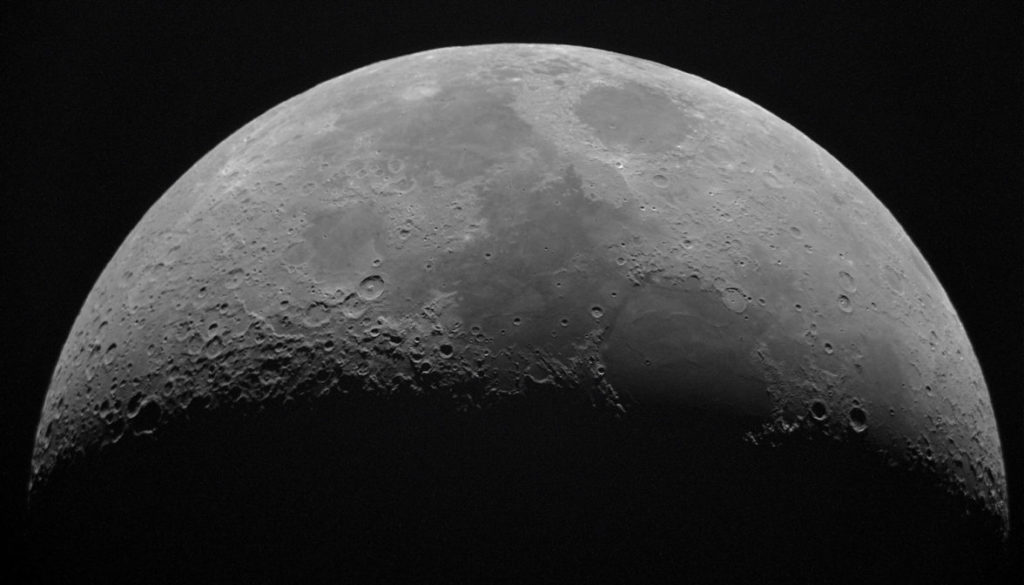Moonshots, Milestones and Memories


Nicholas B. Suntzeff (Credit: Sam Craft / Bryan-College Station Eagle.)
From: Nicholas Suntzeff Sent: Monday, July 8, 2019 5:58 PM To: Junkins, John L Subject: video Hey John, Thanks for the video about your well-deserved award! That is an impressive number of students you have had. … Here is a video back to you. It is a very well-produced video of the complete Apollo 11 touchdown on the Moon, including the four main communications channels. They include subtitles and explanations for the acronyms. They will also cut away to Gene Kranz at times and sync the audio to the video they have of the control room. It is the first time I felt what went on during the descent, and how Armstrong took control of the lander to find a place where there were no boulders. It is worth watching. All the computer error codes ignored. Less than one minute of fuel. Problems with the satellite link. Damn, those guys were good. Riveting. cheers nick + + + + +
John L. Junkins (Credit: Hagler Institute for Advanced Study.)
From: “Junkins, John L Subject: RE: video Date: July 8, 2019 at 6:20:57 PM CDT To: Nicholas Suntzeff Nick: I lived that landing in real time, and it was an amazing culmination of less than a decade of a swash-buckling NASA that only the decaying remnants of which now exist (to use a super nova analogy). The risk tolerance of that era of space exploration and the intensity of all of the engineers, astronauts and management was so amazing. I was in a group working intensely for 70 hours many weeks for peanuts and with technically competent and passionate leadership like [Wernher] von Braun, who literally lived in an apartment adjacent to his office for about six weeks prior to each Apollo launch. I started work at NASA Marshall at age 19, and I still get emotional when I think about the Apollo program and the accomplishments during the eight years and change following Kennedy’s “Apollo quest” speech. I was acquainted with von Braun, worked in the same building … you could feel the intensity at all levels of management. Incredibly goal-focused and coin of the realm was problem-solving. Folks who did not share the passion enjoyed a social status somewhat below furniture. The result was an organization that could move technical mountains in a hurry. It was breathtaking then, and in hindsight, it still is. I was blessed to be born early enough to have a bit part and gain an appreciation of how blessed I was to have a front-row seat, but not quite early enough to be a major player. John * ~ * ~ * ~ * ~ * Learn more about Junkins, the inspiration behind his award-winning career and his NASA ties that include supporting roles in the final three Apollo missions in this May 2019 Bryan-College Station Eagle profile. The post Moonshots, Milestones and Memories appeared first on College of Science.